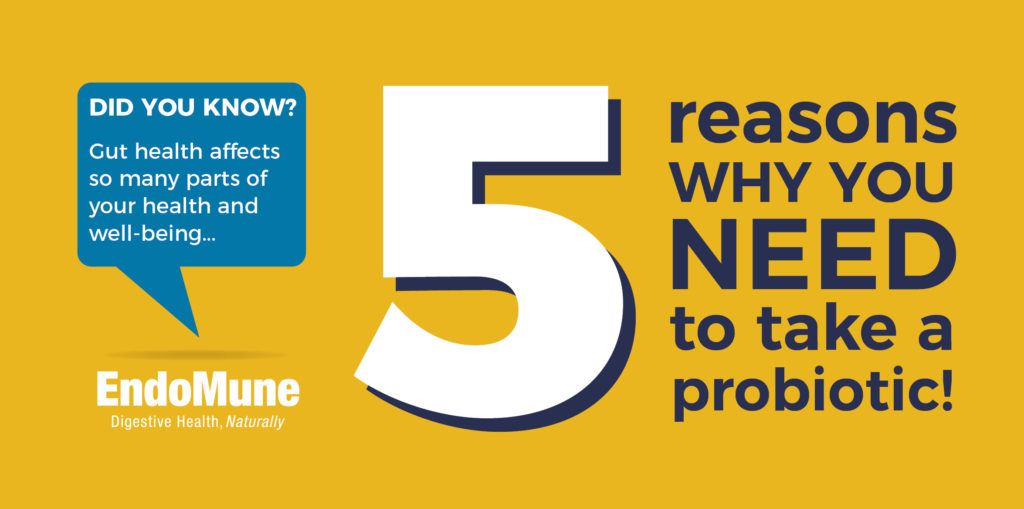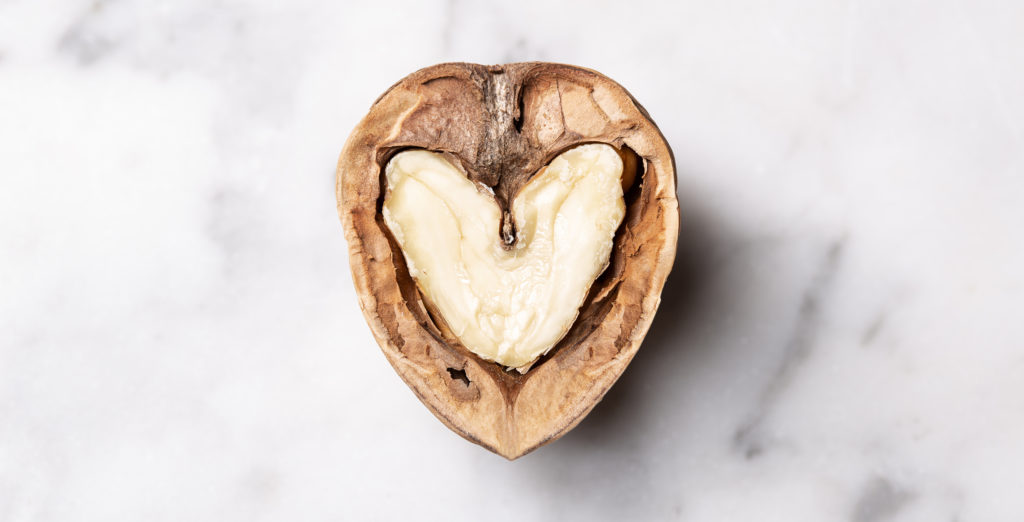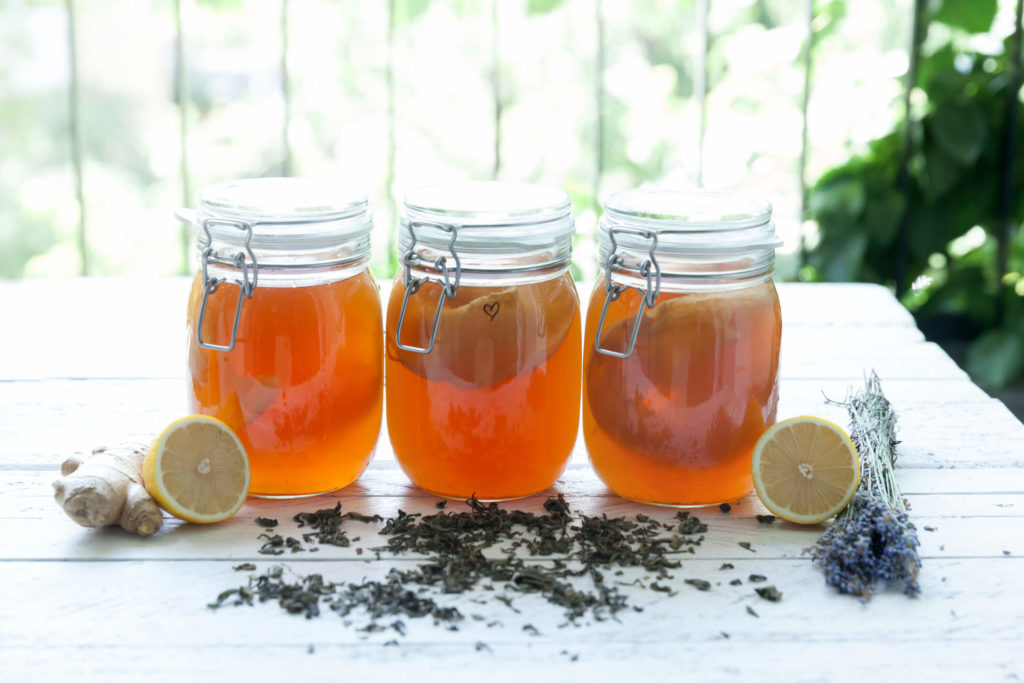How Beer Affects The Human Gut
How Beer Affects The Human Gut
The football season has officially (and finally) arrived and along with it comes the tradition of drinking beers at a game, local bar or in front of your TV.
But, is drinking beer actually good for your gut? Lately, the health results have been mixed, with studies testing non-alcoholic beers or alcoholic beers but few with both.
That changed when a research team from Portugal recently launched a small trial that monitored the health of 19 healthy men who were randomly assigned to drink 11 ounces of an alcoholic (5.2 percent) or non-alcoholic lager beer with dinner for 28 consecutive days.
Based on analyses of stool and blood samples collected before and after the testing period, standard health markers — weight, BMI, heart health and metabolism — for patients didn’t change but their microbiomes did for the better, according to the study that appeared in the Journal of Agricultural and Food Chemistry.
Scientists observed increased diversity in each patient’s microbiome, plus higher levels of fecal alkaline phosphatase that show an overall improvement in intestinal health.
Those benefits would make some sense in the short-term, given that beer is brewed through fermentation just like kombucha tea.
But, more diversity doesn’t necessarily mean increases in the healthiest kinds of gut bacteria. Microbial functionality wasn’t evaluated in this small study, so some boosts in gut diversity could come from unhealthy bacteria that could harm your health in the long run.
Plus, some experts are concerned that people could use these results to justify chasing gut health improvements in a beer bottle rather than working on their cleaning up their Western lifestyles and adding more fiber-rich foods to their daily diets.
Want to give your gut some extra help that works safely and reliably?
Consider taking a probiotic that contains multiple strains of beneficial bacteria from the Lactobacillus and Bifidobacterium families and a proven prebiotic (FOS) that keeps the bugs in your gut well fed like EndoMune Advanced Probiotic.
The moral of the story: Enjoy that beer you’re drinking (responsibly) while watching football at home or at the game and don’t count on it to help you protect the health of your gut… Doctor’s orders!
Resources
How Beer Affects The Human Gut Read More »






